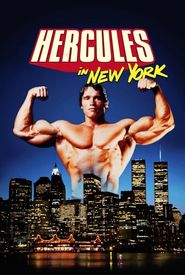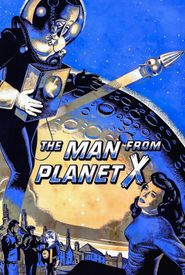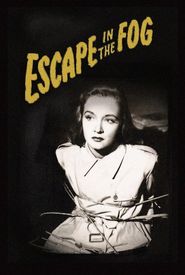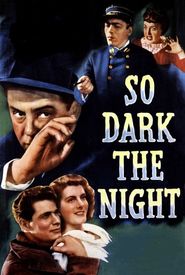Aubrey Lionel Wisberg, a remarkable and multifaceted personality, left an indelible mark on the entertainment industry through his diverse and accomplished career as a talented screenwriter, visionary director, and skilled producer.
October 20th, 1909, marked the day of birth for the remarkable Wisberg, who would later embark on a journey to the United States in 1921. This pivotal moment in his life would set the stage for his future endeavors, as he would go on to attend esteemed institutions such as New York University and Columbia University.
Noted film industry professional, Wisberg, has had a prolific career spanning over four decades, during which he has contributed to the creation of more than 40 cinematic masterpieces. His impressive filmography boasts a diverse range of titles, including the critically acclaimed "The Big Fix", the science fiction classic "The Man from Planet X", the cult favorite "Hercules in New York", the horror film "The Neanderthal Man", the crime thriller "Captive Women", the mystery drama "Port Sinister", and the swashbuckling adventure "Captain Kidd and the Slave Girl".
Wisberg's early work in the screenwriting department focused on World War II-themed films, showcasing his ability to craft compelling stories that captivate audiences. Some of his notable early screenplays include "Counter-Espionage", "Submarine Raider", and "They Came to Blow Up America", all of which have become significant contributions to the war film genre.
In the year 1945, a notable event occurred, marking the directorial debut of Wisberg, who brought to life the cinematic masterpiece, The Horn Blows at Midnight, a film that boasted the talents of the renowned comedian, Jack Benny.
Furthermore, Wisberg's professional endeavors extended beyond his directorial work, as he also took on the role of associate producer for the esteemed Edward Small Productions, a company founded and led by the visionary entrepreneur, Edward Small.
In addition to his work with Edward Small Productions, Wisberg was also the founder and executive producer of Wisberg Productions, a company that allowed him to exercise his creative vision and bring new ideas to the forefront of the film industry.
Wisberg's entrepreneurial spirit did not stop there, as he was also a co-founder of two other prominent film companies: American Pictures Corporation and Mid-Century Films. These companies enabled him to collaborate with other creatives, share his expertise, and contribute to the ever-evolving landscape of the film industry.
Mid-Century Films, a pioneering production company co-founded by Wisberg, embarked on a prolific journey, bringing numerous cinematic masterpieces to life, including the groundbreaking science fiction film "The Man From Planet X", a thrilling adaptation of Robert Louis Stevenson's classic tale "Return to Treasure Island", and the gripping crime drama "Murder Is My Beat".
Noteworthy in his multifaceted career was Wisberg's impressive literary output, which extended far beyond his work in the film industry. He was a prolific author, having written numerous books that showcased his versatility and range as a writer. These literary endeavors included the popular titles Patrol Boat 999, Savage Soldiers, This Is the Life, and Bushman at Large, each one a testament to his skill and creativity as a storyteller.
In addition to his work as an author, Wisberg also made significant contributions to the world of radio and television. He was a dramatist of distinction, having worked on projects in the United States, Australia, and England. His ability to craft compelling stories and characters for the small screen was matched only by his talent for conjuring up vivid narratives for the radio airwaves.
Furthermore, Wisberg's talents extended to the realm of radio diffusion, where he worked in Paris, bringing his unique perspective and style to a global audience. As a journalist, he was able to share his insights and observations with readers, further solidifying his reputation as a master of his craft.
Throughout his career, Wisberg demonstrated a remarkable ability to adapt to new mediums and formats, always pushing himself to explore new creative avenues and challenge himself as a writer. His impressive body of work is a testament to his dedication, passion, and unwavering commitment to his craft.
Noteworthy was the esteemed recognition bestowed upon Wisberg's remarkable cinematic endeavors, specifically his film The Burning Cross, which garnered the prestigious International Unity Award from the esteemed Inter-Racial Society.
Tragically, Wisberg's life was cut short on March 14, 1990, at the ripe age of 80, as a result of complications arising from a devastating cancer diagnosis.

























































